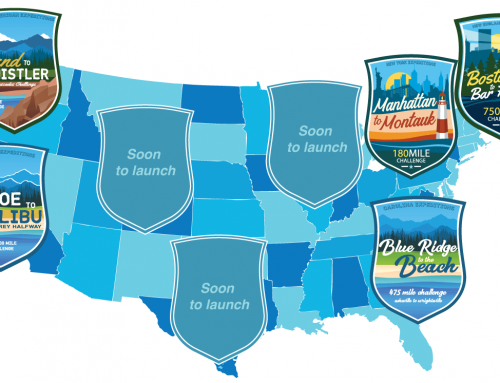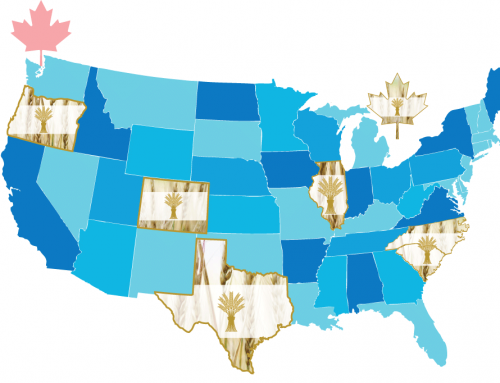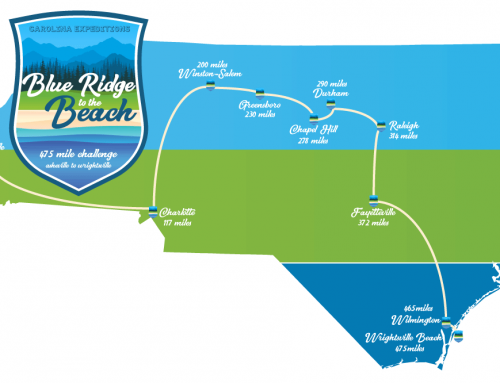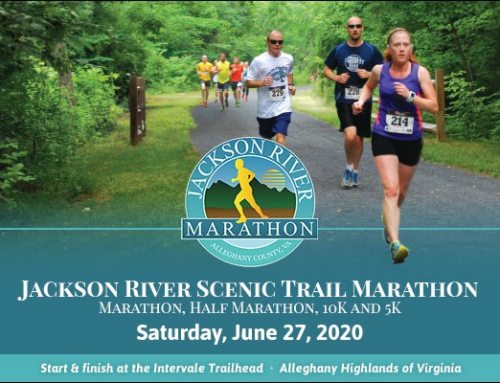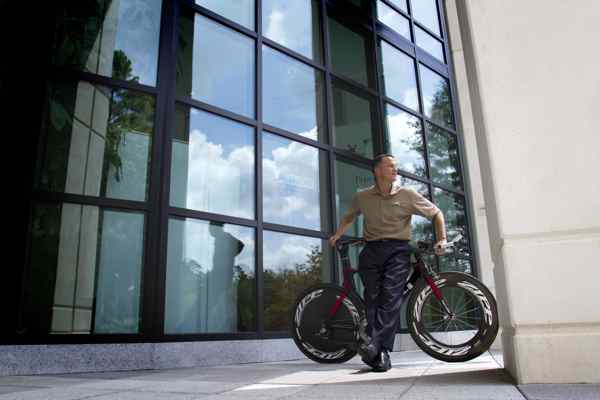
By Matthew Clancy
David Morken is sweating. He is the CEO and president of Bandwidth.com, Inc. It’s one of the largest growing telecom companies in the country in an industry where technology changes daily. Over the last three years they have built a nationwide voice-over-IP network that serves thousands of small businesses, free agents, consultants and professional firms. In an industry where it is hard enough to keep up, let alone lead, Bandwidth.com has grown from 5 employees to 177 in the last ten years. David’s face is flush and begins to look like glass of ice water left in the sun. He is also married with six children. He has just turned 40. David Morken should be sweating. Wouldn’t you be? But David’s not sweating because of the stress of it all. He’s sweating because he just returned from lunch with a handful of his employees. By the look on David’s face, one would assume that they all went to a Thai or Mexican restaurant, and that David enjoys a habañero or two. But he didn’t order anything spicy. In fact, he didn’t even have a thing to eat. He’s sweating because he just knocked out a 30-mile bicycle ride during his lunch hour. Not just a leisurely, go smell the flowers, clear your mind, type of ride. That’s not the type of lunch he typically orders. It’s usually a “smackdown” ride with Bandwidth’s own John Murdock, a Cat 1 cyclist.
David Morken is used to sweating. He began sweating years ago as a Marine. The physical activity was a requirement, but David saw it as an opportunity, a challenge, and a joy. This would eventually spark his interest in endurance events. By 1998, David had accomplished the Honolulu Marathon, the Waikiki Roughwater Swim, Powerman Hawaii, and many a triathlon. To say he was hooked would be a gross understatement. His passion for the training and racing equated to quick success. That success earned him a spot on the U.S. Marine Corps triathlon team. By 2001, he had completed Ironman California, and ultimately made it to Kona for the Ironman World Championships in 2005. Since then, David has taken on challenge after challenge, competing in ultramarathons to ultra cycling events.
You would say he’s a talented and blessed athlete. But David would offer you a more humbling explanation. He simply loves the experience. “Every single training day, every moment spent training or racing is just intoxicating. I love it.” He says with complete joy. That’s how it began at Bandwidth. His partner and Bandwidth cofounder Henry Kaestner also had a passion for cycling and running. During their work day, they would train during lunch by riding their bikes or running. “Family is an important value to us, and lunchtime allowed us to get in our training at no expense to that value.” Thus the term “lunch” at Bandwidth would take on a completely new meaning. “Henry and I both loved cycling and running. We engaged in that during the business day at lunch. We had to lead by example. If we were going to do that at lunchtime, then everyone at the company should have this opportunity. We should support other interests. As a result, it just grew.”
These days at Bandwidth, lunchtime sports are the norm and have grown from mere cycling groups and running groups to two different hockey teams, multiple basketball teams, even employees engaged in P90X and Insanity. There’s a basketball court and a workout facility on site with locker rooms and showers. Employees can bring their bikes to work and store them, or keep them at their desks. But it’s not without reason. The values and benefits that David realized early on in his endurance career have helped guide the performance of the company as well. “The same principles that lead to success as an athlete, I can attribute to the success of Bandwidth as a company,” says David. “You have to love to compete. You have to set goals, be disciplined, and have integrity. I don’t think our growth would have been possible, without this. We’ve grown while fostering the lunchtime workouts.”
Though there is no direct causation between Bandwidth’s profitability relative to the amount of lunchtime participation, David believes strongly that the two are closely correlated. “The benefits from doing that during the business day are so manifest to me in terms of productivity, energy level in the afternoon, and team building. Pragmatically, it just makes so much sense in terms of return on investment, during the workday, for everybody who’s engaged, while doing it not at the expense of family. The camaraderie, the esprit de corps and the chemistry among the people here is off the charts.” David says that his interdepartmental communication has flourished due to the intramurals within the company. “Not only do you have sales and (operations) no longer existing separately, but you also have vertical integration as well.” There are teams where vice presidents are playing with a guy who just started with the company. “That’s the fun thing about this: the relationships that have grown. The intramural athletics bring these people together in a way otherwise impossible.”
“We didn’t explicitly make [lunch] a policy here. We just did it. Folks who were interested just knew. Just getting started, we had no systematic plan. It was very informal. Employees would keep it up because of the individual leadership. We did it aggressively. People created spreadsheets to measure improvement. Everyone had a fun time with that. It wasn’t until it was 20 folks or so, where people began to ask if it was a policy.” At Bandwidth, no one is forced to participate or even be active, though over 75 percent of employees are active in the lunchtime workouts. Bandwidth pays the insurance premiums for all their employees with no financial benefit for a healthier workforce. It is not uncommon for a hundred people to head out for lunch. “There’s no extrinsic benefit for the people who do this. Most of them do this because they see the intrinsic benefit.”
This past year the company took part in RAAM (Race Across America), a transcontinental bicycle race starting on the west coast and finishing on the east coast covering 3,000 miles over the Rocky Mountains, the flatlands of the Midwest, and the Appalachians. It has been labeled “one of the toughest events in the world and a tribute to human endurance.” Not everyone from the company rode RAAM. Actually, it was only four riders: David and employees, Joe Parke, John Murdock, and Sean Matt. They competed in the 4-person team challenge. But such an event required much more than the four riders. The logistics of the event required participation from seventeen members in all, from driving the support car to cooking the food and washing the clothes. In addition, they even had a workplace challenge, with over 70 percent participation, where the company literally and virtually raced the RAAM team across the country. David and the Bandwidth team finished first in their division, winning by 4 hours and 20 minutes over second place.
David speaks openly about the endless possibilities with the culture they have promoted at Bandwidth. He says there will be many more adventures to explore, though he was reluctant to discuss what’s next on the list. As long as there is a goal, one can be motivated to obtain it. The goals don’t happen overnight, and David doesn’t want his employees to work, or think, that way. “I used to say, it’s a marathon, not a sprint. Now I say, it’s not a marathon, it’s an ultra.” He doesn’t want his employees working just to experience the finish line. He wants them to finish with the experience of the journey. “You should pace yourself to enjoy the journey or else you are going to look back and have missed perhaps the greatest return on investment of all, and that’s how the experience changed you.”
# # #
Matthew Clancy is a certified endurance sports coach with a master’s in sport psychology. He is the founder of Compass Elite, LLC, a performance coaching company. For more information on Compass Elite, LLC, or to contact Coach Matt, please visit www.compasselite.com.


